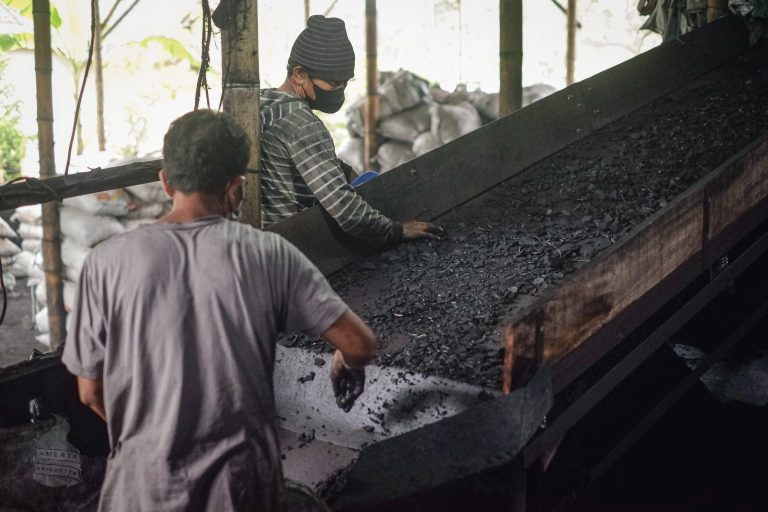Behind the Briquette: A Look Inside the Tropicoal.id Quality Control Process
Go behind the scenes at Tropicoal.id. This guide details our multi-stage quality control process, from raw coconut shell selection to final container loading.
HOOKAH/SHIHABBQ
Tropicoal Team
8/22/20252 min read


In the B2B world, trust is built on transparency and consistency. When you import a container of charcoal briquettes, you need absolute confidence that the product inside matches the specifications you were promised. At Tropicoal.id, we believe in radical transparency. That's why we're taking you "behind the briquette" for a look inside our comprehensive, multi-stage quality control (QC) process.
Stage 1: Raw Material Selection Quality starts at the source. Not all coconut shells are the same.
The Process: We partner with specific plantations known for mature, thick-shelled coconuts. Our team inspects the raw shells to ensure they are clean, dry, and free from contaminants like soil, sand, or other biomass.
Why it Matters: The quality of the shell directly determines the final carbon content and ash percentage of the briquette.
Stage 2: Precision Carbonization This is where the magic happens. Turning shells into pure carbon requires precise control.
The Process: We use modern, low-oxygen kilns to carbonize the shells. Temperature and airflow are carefully monitored to ensure complete carbonization without burning the material into ash.
Why it Matters: Proper carbonization maximizes the Fixed Carbon content, which is the source of the briquette's high heat and long burn time.
Stage 3: Milling and Mixing Consistency is achieved through meticulous preparation.
The Process: The carbonized charcoal is milled into a fine, uniform powder. This powder is then mixed with our natural, food-grade tapioca starch binder and purified water in precise ratios.
Why it Matters: A uniform powder ensures that every briquette has the same density. The correct binder ratio guarantees a strong briquette that doesn't produce excess ash.
Stage 4: High-Pressure Compression This stage defines the briquette's strength and density.
The Process: The mixture is fed into high-pressure extrusion or press machines that form the briquettes into their final, uniform shape. Our operators regularly check the briquettes coming off the line for sharp edges and smooth surfaces.
Why it Matters: High compression is the secret to a long, slow burn.
Stage 5: Controlled Drying Moisture is the enemy of a good briquette.
The Process: The freshly pressed briquettes are moved to drying ovens where temperature and humidity are controlled over several days to slowly reduce the moisture content to below our target threshold (typically <5%).
Why it Matters: A dry briquette lights easier, produces less smoke, and delivers more heat energy.
Stage 6: Final Inspection and Packing Before a single box is sealed, a final check is performed.
The Process: Our QC team performs random sample checks, including drop tests and burn tests, from the finished batch. Once approved, the briquettes are carefully packed, sealed, and prepared for loading.
Why it Matters: This final check is our guarantee to you that every shipment meets the Tropicoal.id standard of excellence.
Conclusion Our commitment to quality is not just a statement; it's a rigorous, step-by-step process embedded in our operations. We believe our partners deserve to know exactly how the product they import is made. This transparency is the foundation of a strong, long-term business relationship.
When you partner with Tropicoal.id, you partner with a process you can trust.
Contact
Cluster Rossini, Jalan Rossini Selatan II No. 10 Tangerang Regency 15330
Support
Premium Charcoal Briquettes for Shisha and BBQ. Clean burn, minimal ash, and long-lasting heat for superior flavor and performance.
Follow Us


